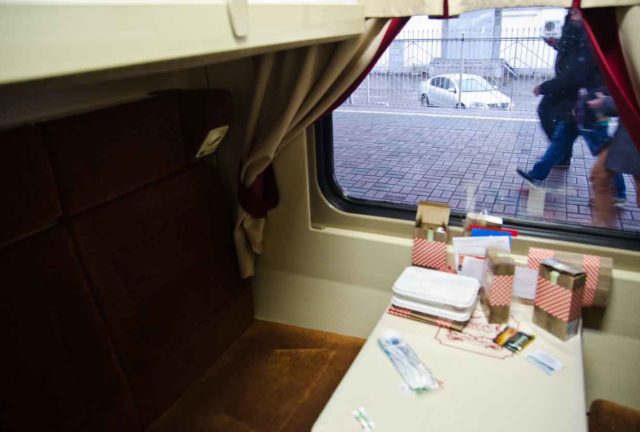Tag Archives: travel

Rooms (Europe)
 Lisboa, Portugal.
Lisboa, Portugal.
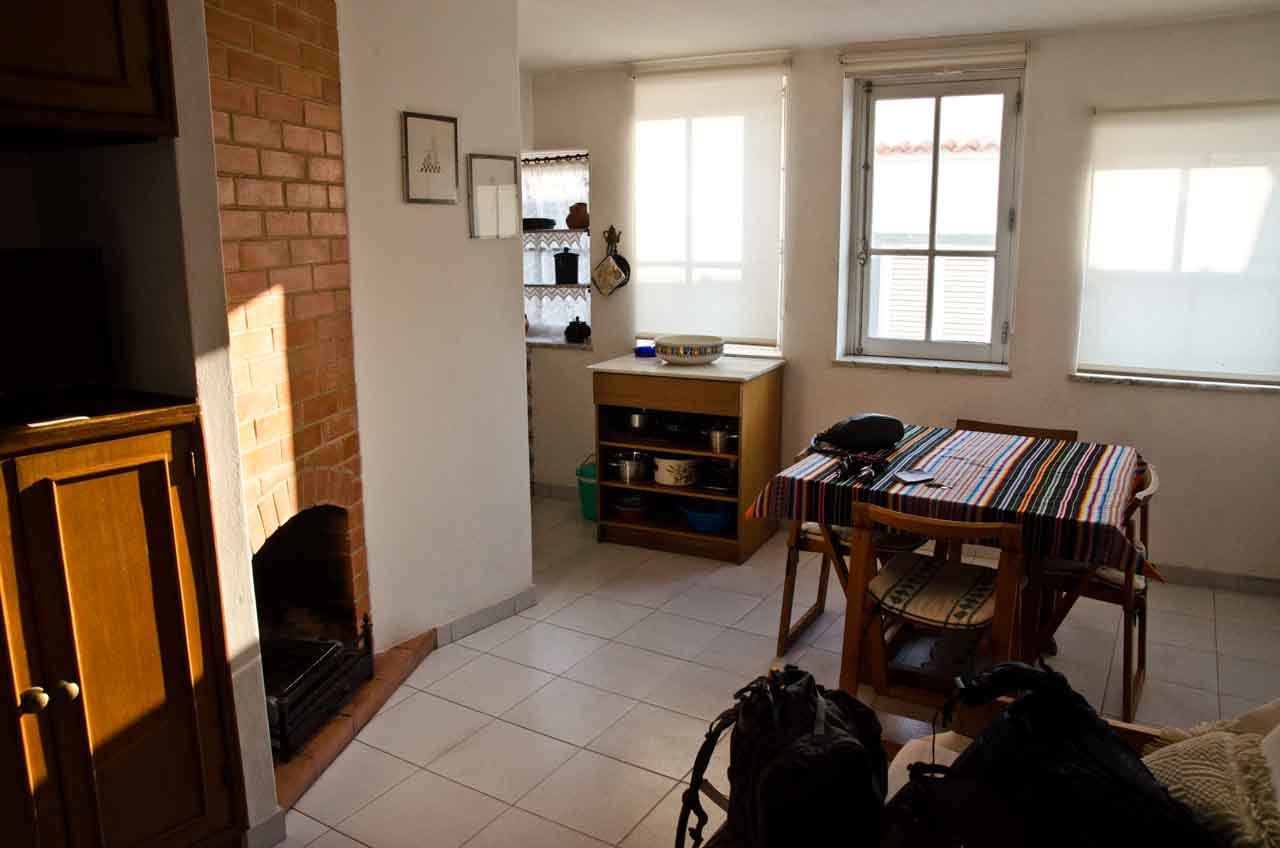 Lagos, Portugal.
Lagos, Portugal.
 Ronda, España.
Ronda, España.
 Malaga, España.
Malaga, España.

 Formentera, España.
Formentera, España.
 Barcelona, España. (1)
Barcelona, España. (1)
 Barcelona, España. (2)
Barcelona, España. (2) Munich, Germany.
Munich, Germany.
 Salzburg, Austria.
Salzburg, Austria.
 Vienna, Austria.
Vienna, Austria.
 Prague, Czech.
Prague, Czech.
 Warsaw, Poland.
Warsaw, Poland.
 St. Petersburg, Russia.
St. Petersburg, Russia.
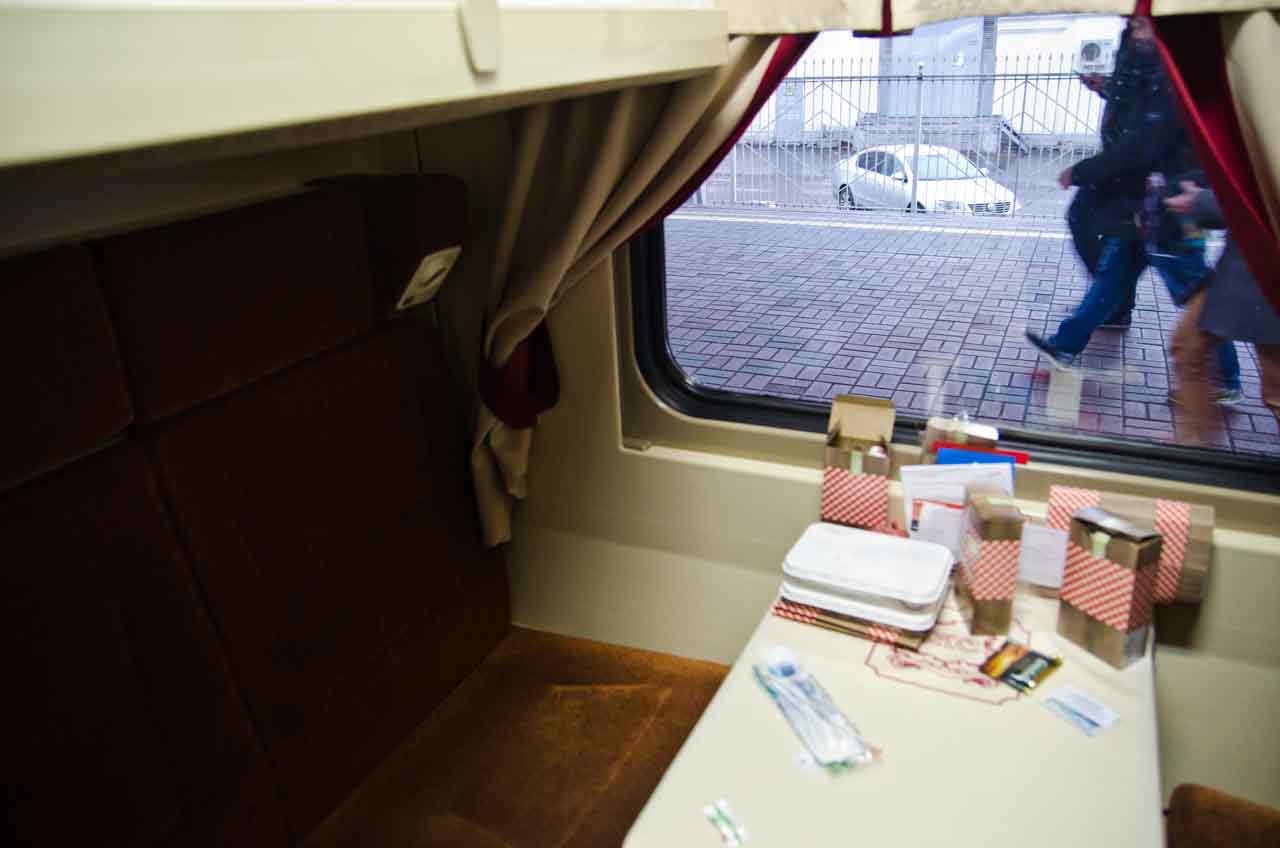 Red Arrow, St. Petersburg to Moscow.
Red Arrow, St. Petersburg to Moscow.
 Moscow, Russia.
Moscow, Russia.

books november 2017
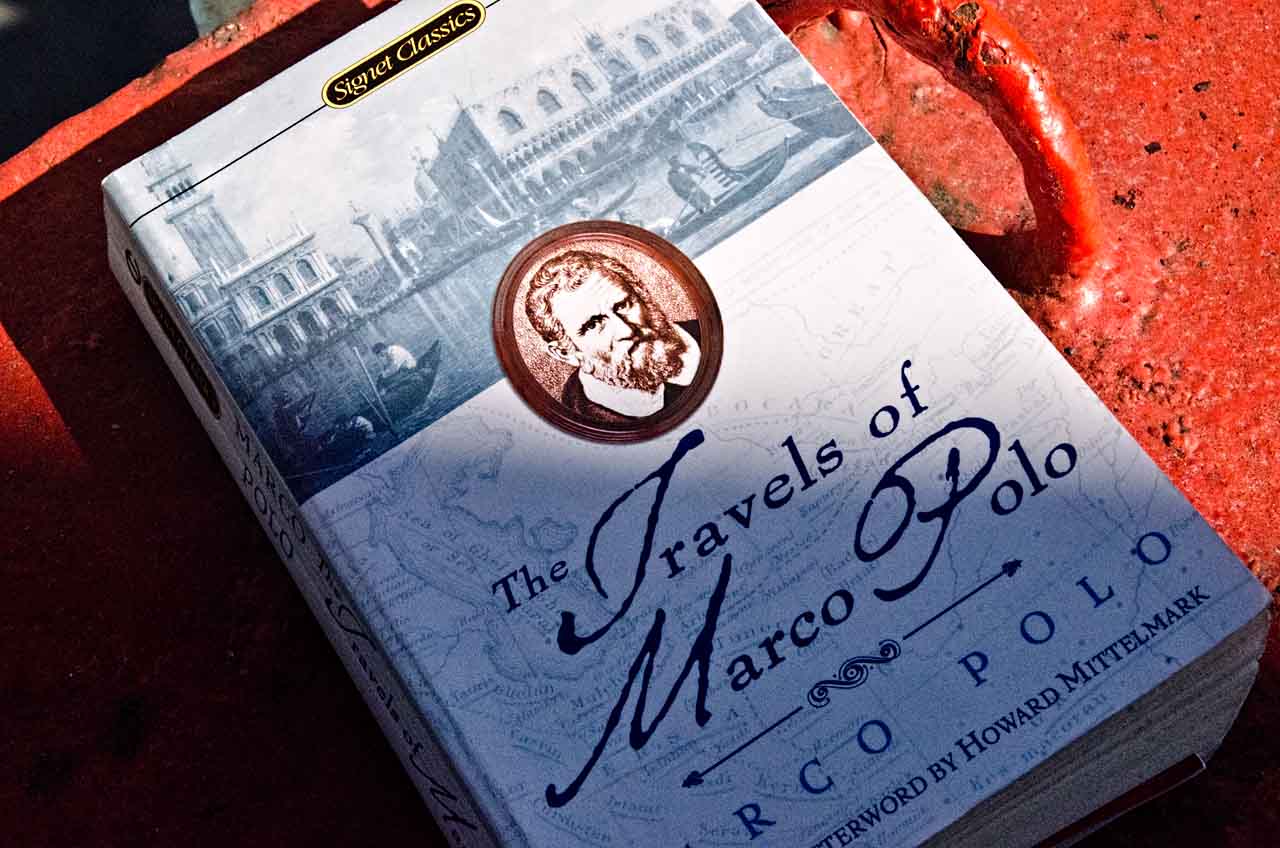 Polo, Marco, Rustichello da Pisa, John Frampton (translator) and Milton Rugoff. The Travels of Marco Polo. Signet Classics, 2004. (published c. 1300).
Polo, Marco, Rustichello da Pisa, John Frampton (translator) and Milton Rugoff. The Travels of Marco Polo. Signet Classics, 2004. (published c. 1300).
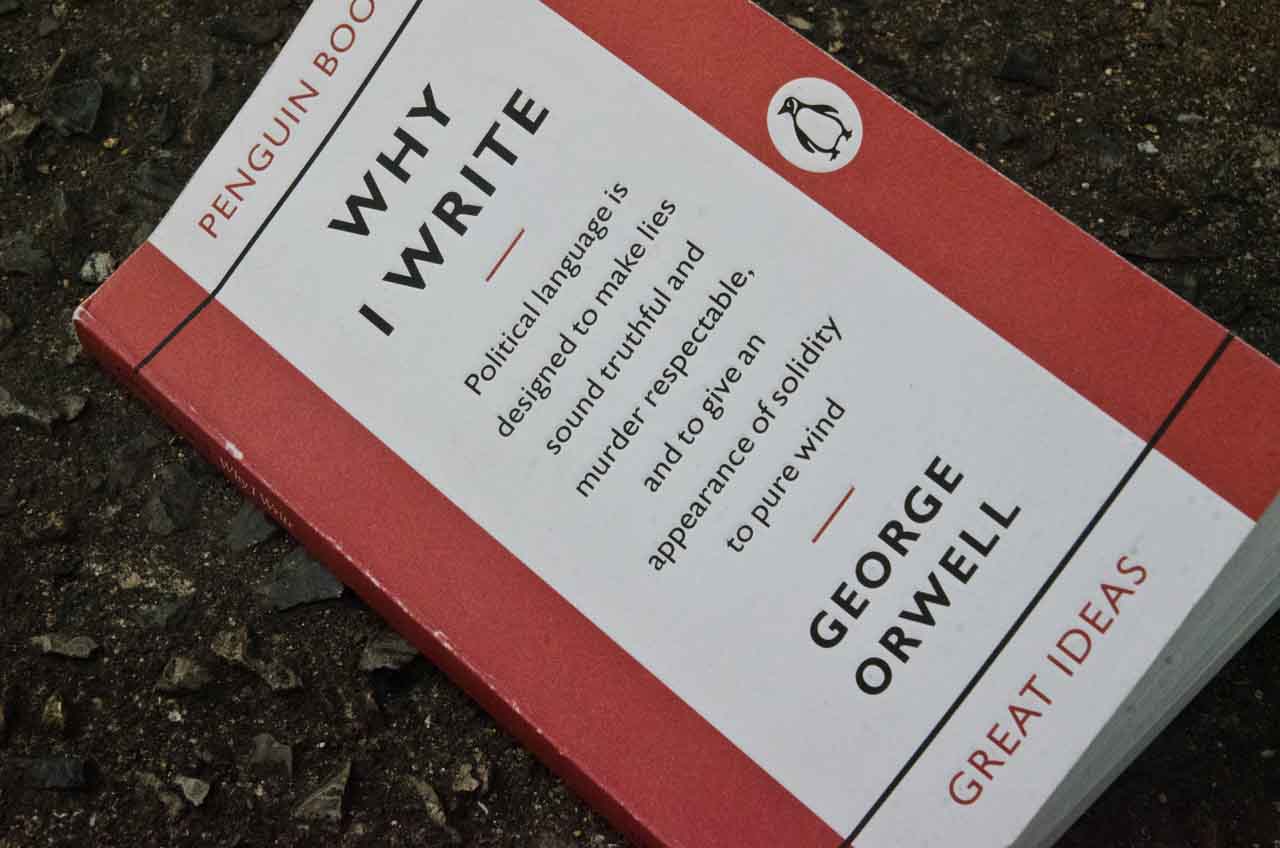 Orwell, George. Why I Write. Penguin Books, 2005. (first edition 1946).
Orwell, George. Why I Write. Penguin Books, 2005. (first edition 1946).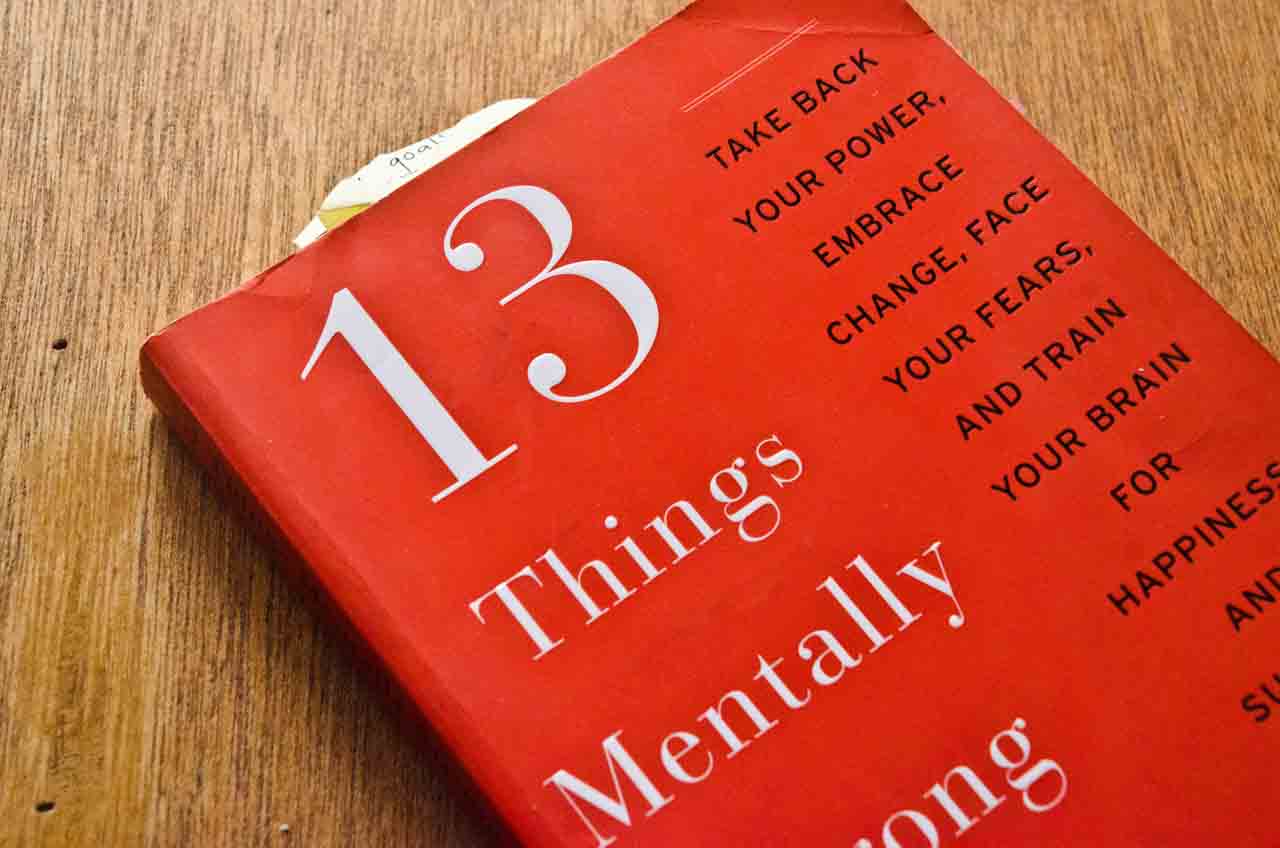 Morin, Amy. 13 Things Mentally Strong People Don’t Do: Take Back Your Power, Embrace Change, Face Your Fears and Train Your Brain. William Morrow, 2015.
Morin, Amy. 13 Things Mentally Strong People Don’t Do: Take Back Your Power, Embrace Change, Face Your Fears and Train Your Brain. William Morrow, 2015.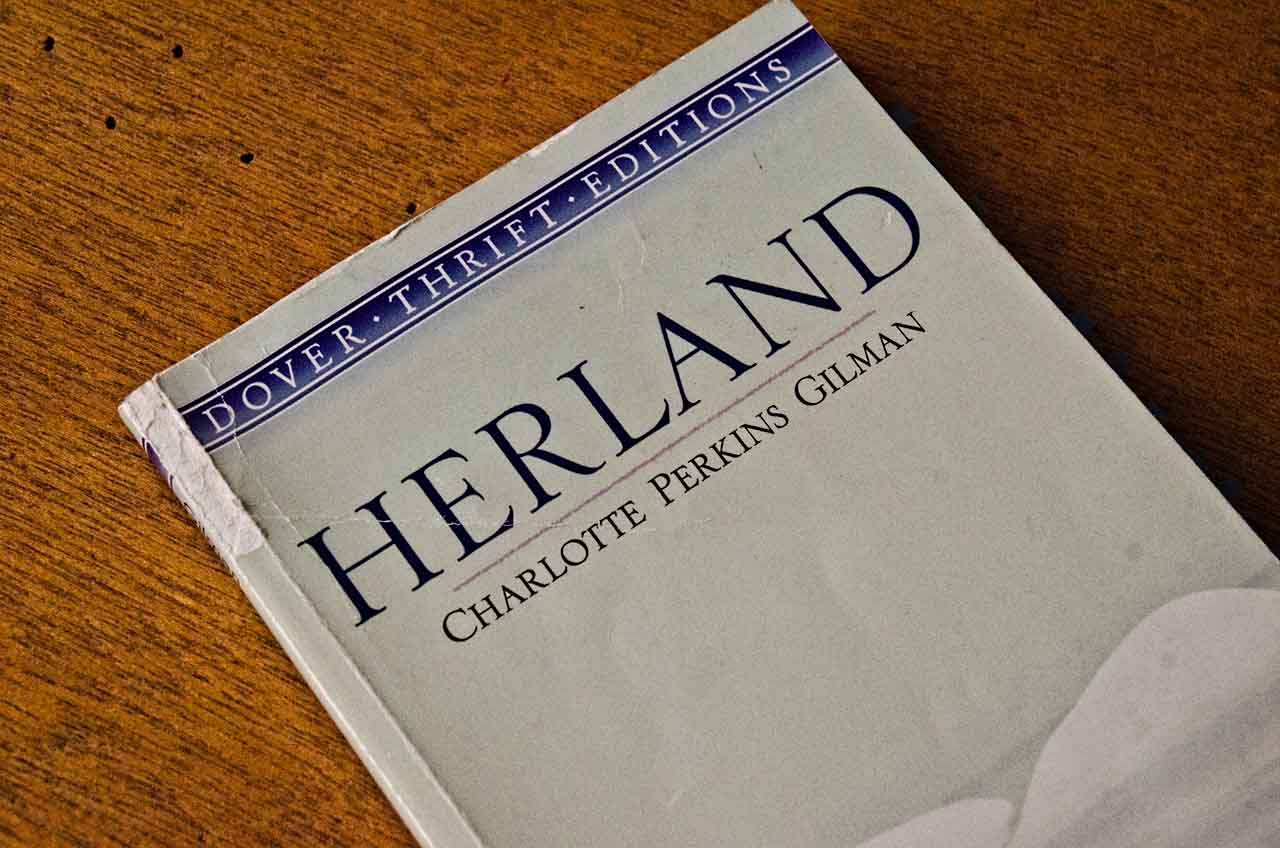 Gilman, Charlotte Perkins. Herland. Dover Publications, 1998. (published as a serial 1915, first published 1979).
Gilman, Charlotte Perkins. Herland. Dover Publications, 1998. (published as a serial 1915, first published 1979).
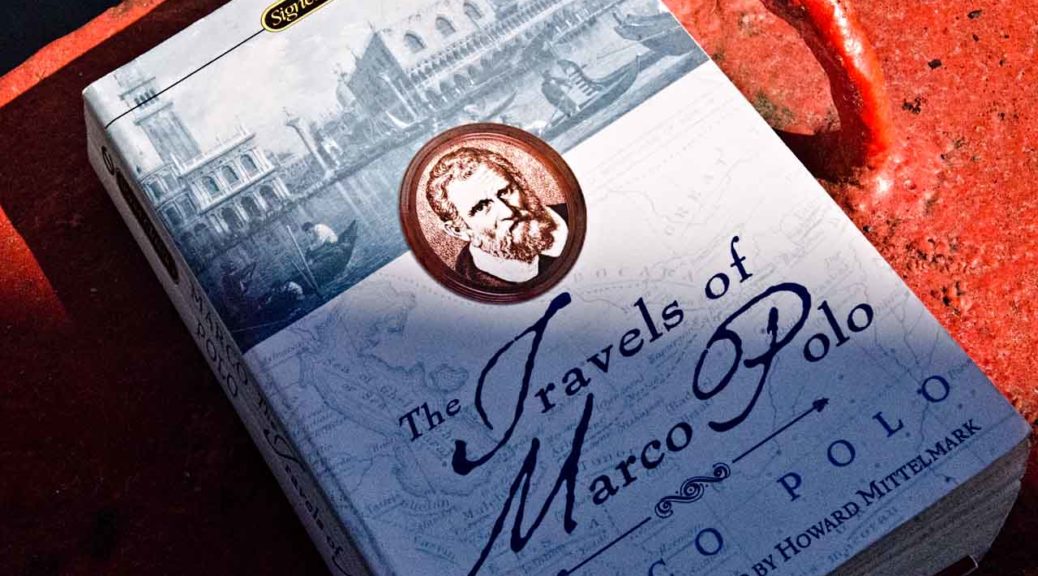
Il Milione (Livre des Merveilles du Monde, The Travels of Marco Polo)
Polo, Marco, Rustichello da Pisa, John Frampton (translator) and Milton Rugoff. The Travels of Marco Polo. Signet Classics, 2004. (published c. 1300)
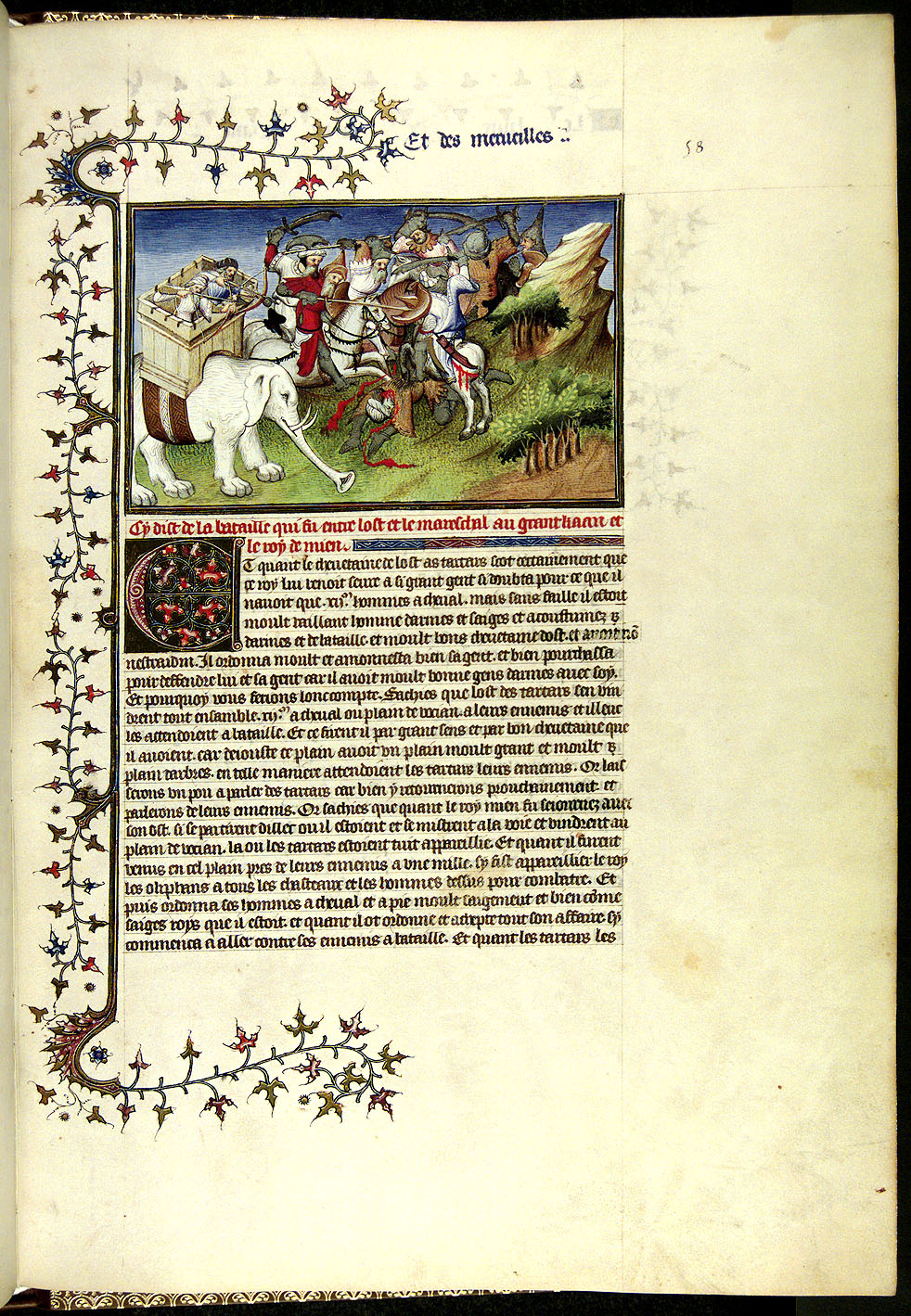
A page of The Travels of Marco Polo. Marco Polo, Il Milione, Chapter CXXIII and CXXIV, Via Wikimedia.

books september 2017
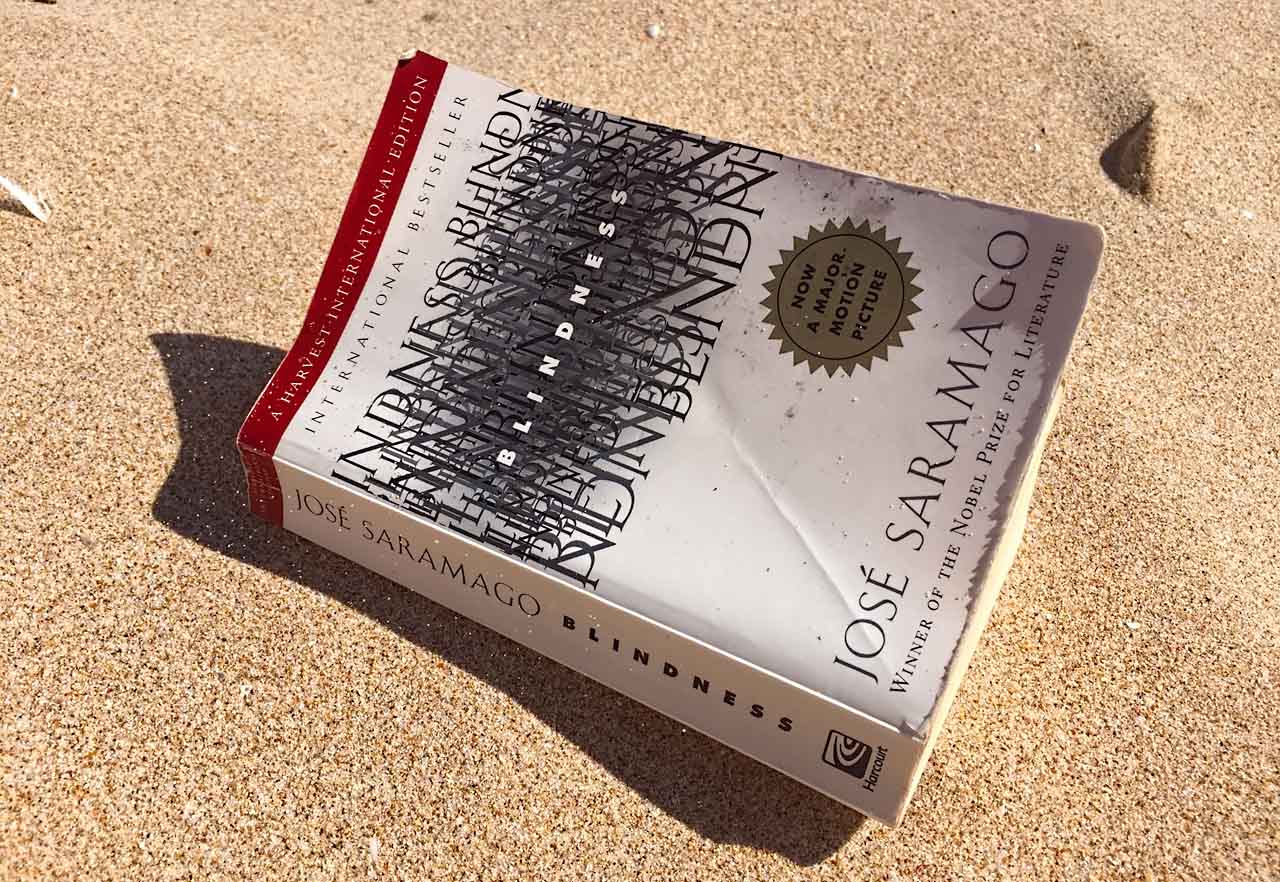 Saramago, José. Blindness. 1995.
Saramago, José. Blindness. 1995.
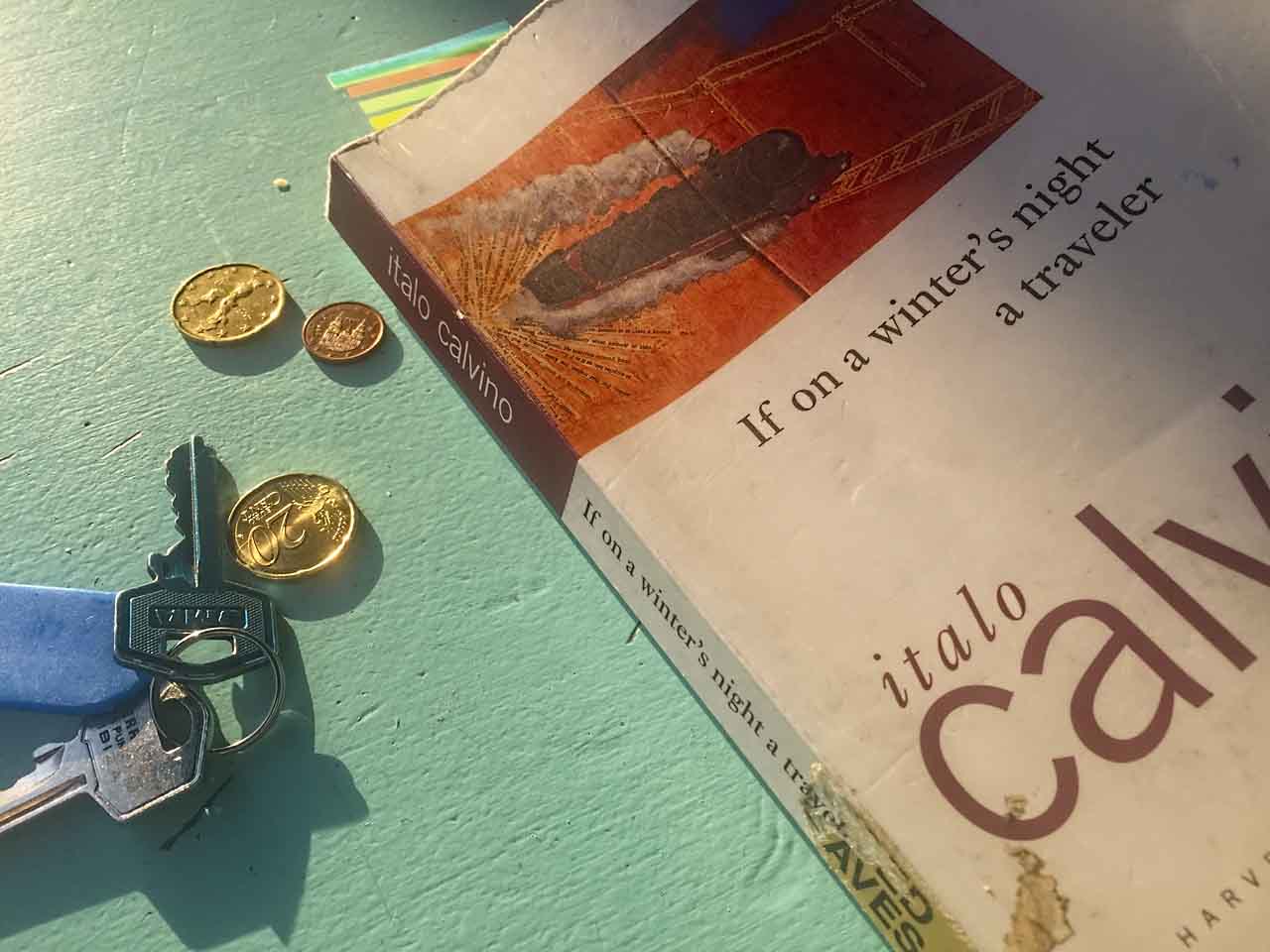 Calvino, Italo. If on a winter’s night a traveler. 1979. (Translated by William Weaver, 1981).
Calvino, Italo. If on a winter’s night a traveler. 1979. (Translated by William Weaver, 1981).
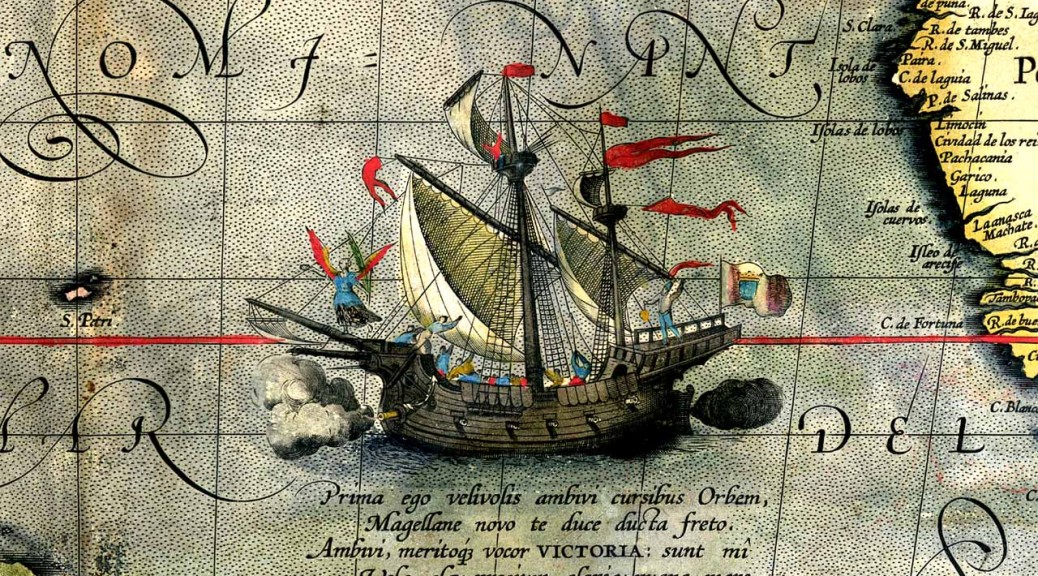
Terra Australis Incognita
Patagonia
Etnias de la Patagonia:
Yamuak
Selk’ram people
Manek’enk
Kaweska’Aonikak
Tierra del Fuego: Karukinka
hydrography
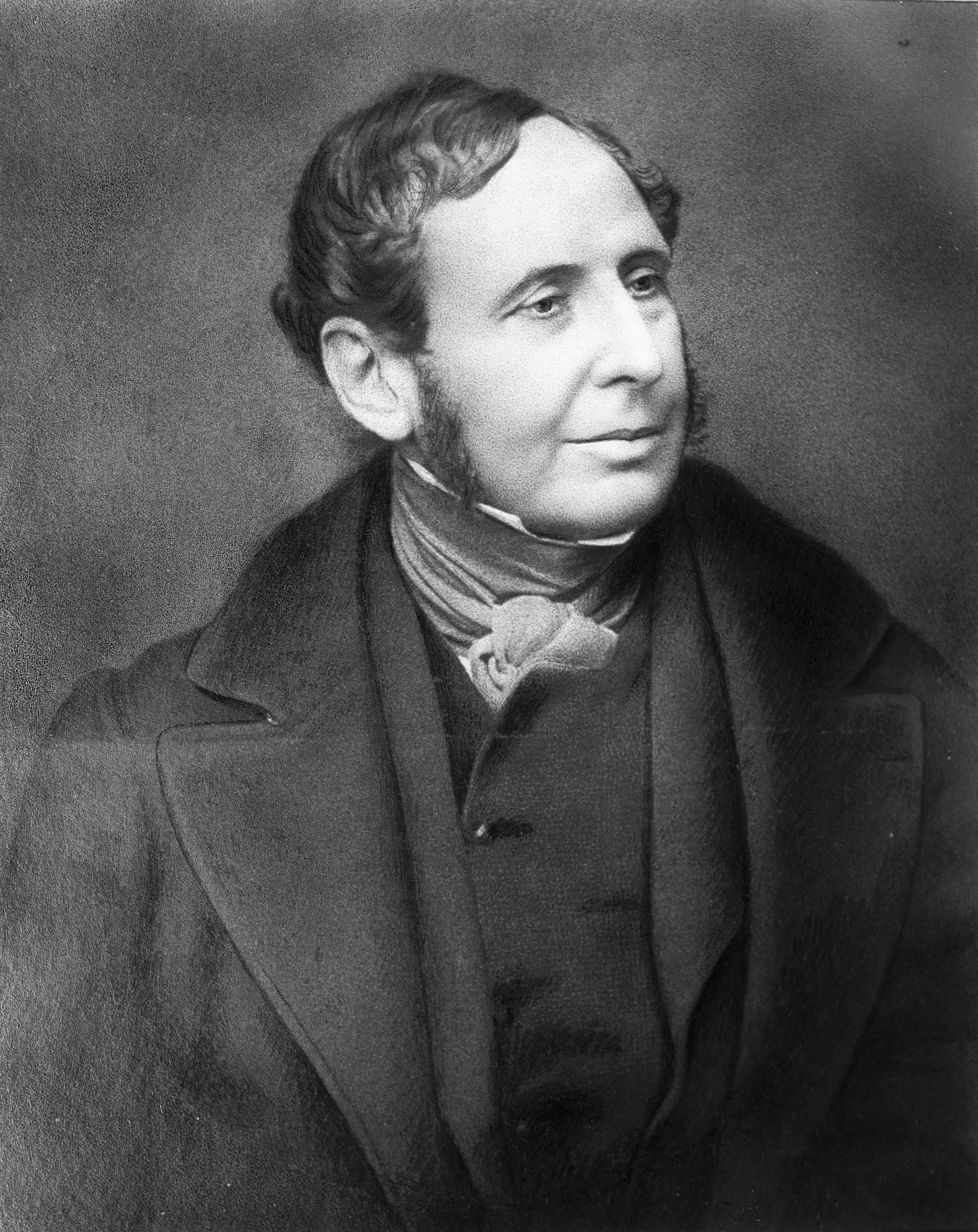
Photographic copy of a portrait lithograph made by Herman John Schmidt (1872-1959), from Auckland, of Vice-Admiral Robert Fitzroy (1805-1865), Governor of New Zealand 1843-1845. Via Wikimedia.
FitzRoy, Parker King and the HMS Beagle
Tratado de Tordesillas
Magallanes
Isla de la especias (Islas Molucas)
Antonio de Pigafetta cronista
punta de tierra baja
las virgenes
cabo virgenes
Terra Australis incognita
Estrecho Le Maire
La Tierra de los Estado y Cabo de Hornos
Presidente Bulnes
Fuerte Aneud
Bernhard Eunom Philippi cartografo
Puerto de Hambre
Rio Carbon
Punta Arenosa
Ushuaia
Glaciar Perito Moreno
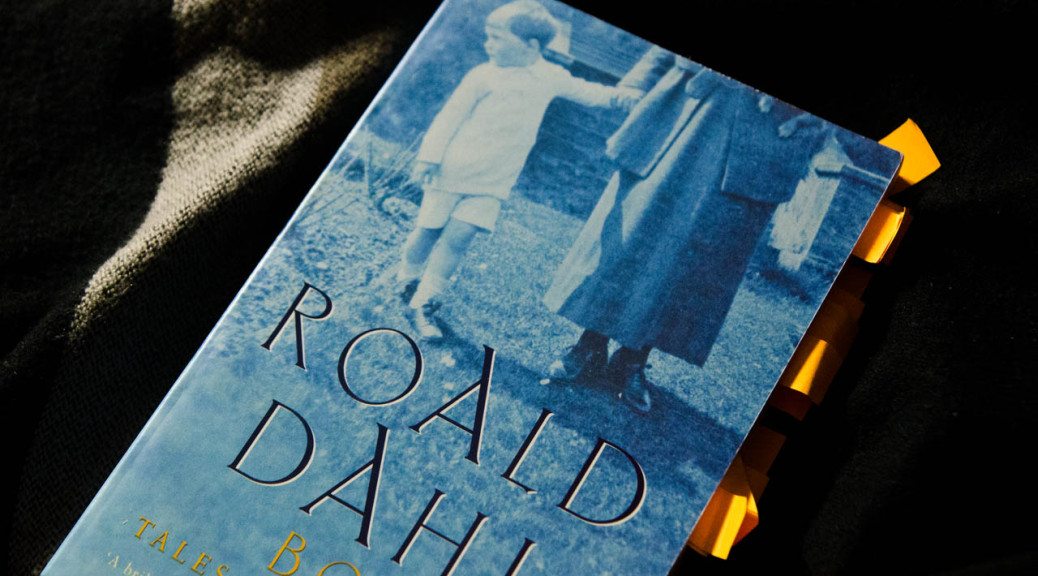
Boy: Tales of Childhood
Dahl, Roald. Boy: Tales of Childhood. Great Britain: Penguin, 1984. Print.
On his dad “He was a tremendous diary-writer. I still have one of his many notebooks from the Great War of 1914-18. Every single day during those five war years he would write several pages of comment and observation about the events of the time.” p. 18
“His theory was that if the eye of a pregnant woman was constantly observing the beauty of nature, this beauty would somehow become transmitted to the mind of the unborn bay within her womb and that baby would grow up to be a lover of beautiful things.” p. 19
“I can remember very clearly the journeys I made to and from the school because they were so tremendously exciting.” p. 23
“‘But how do they turn the rats into liquorice?’ the young Thwaites had asked his father.
‘They wait until they’ve got ten thousand rats,’ the father had answered, ‘then they dump them all into a hude shiny steel cauldron and boil them up for several hours.'” p. 30
“‘There is no cure for ratitis. I ought to know. I’m a doctor.'” p. 31
“Whether or not the wily Mr Coombes had chalked the cane beforehand and had thus made an aiming mark on my grey flannel shorts after the first stroke, I do not know. I am inclined to doubt it because he must have known that this was a practice much frowned upon by Headmasters in general in those days. It was not only regarded as unsporting, it was also an admission that you were not an expert at the job.” p. 50
Christiania (name for Oslo), Norway
“‘Skaal, Bestemama!’ She will then lift her own glass and hold it up high. At the same time your own eyes meet hers, and you must keep looking deep into her eyes as you sip your drink. After you have both done this, you raise your glasses high up again in a sort of silent final salute, and only then does each person look away and set down his glass.” p. 58
the island of Tjøme in Norway
“There were the wooden skeletons of shipwrecked boats on those islands, and big white bones” p. 65
Dar es Salaam
“In which direction from where I was lying was Llandaff?… Therefore, if I turned towards the window I would be facing home. I wriggled round in my bed and faced my home and my family.” p. 89-90
“‘Life is tough, and the sooner you learn how to cope with it the better for you.'” p. 98
Captain Hardcastle’s mustache “The only other way he could have achieved this curling effect, we boys decided, was by prolonged upward brushing with a hard toothbrush in front of the looking-glass every morning.” p. 109
“His eyes rover the Hall endlessly, searching for mischief. The only noises to be heard were Captain Hardcastle’s little snorting grunts and the soft sound of pen-nibs moving over paper.” p. 113
“‘I have learnt one thing about England,’ my mother went on. ‘It is a country where men love to wear uniforms and eccentric clothes.'” p. 139
Archbishop of Canterbury
“But Corkers, an eccentric old bachelor, was neither dull nor colourless. Corkers was a charmer, a vast ungainly man with drooping bloodhound cheeks and filthy clothes… He would come lumbering into the classroom and sit down at his desk and glare at the class. We would wait expectantly, wondering what was coming next.” p.150
“Another time, he brought a two-foot-long grass-snake into class and insisted that every boy should handle it in order to cure us for ever, as he said, of a fear of snakes.” p. 151-152
Eton-fives
Arch of Ctesiphon in Iraq
500 cc Ariel
“The life of a writer is absolute hell compared with the life of a businessman. The writer has to force himself to work. He has to make his own hours and if he doesn’t go to his desk at all there is nobody to scold him.” p. 171
“A person is a fool to become a writer. His only compensation is absolute freedom. He has no master except his own soul, and that, I am sure, is why he does it.” p. 172
Bay of Biscay
decorticator
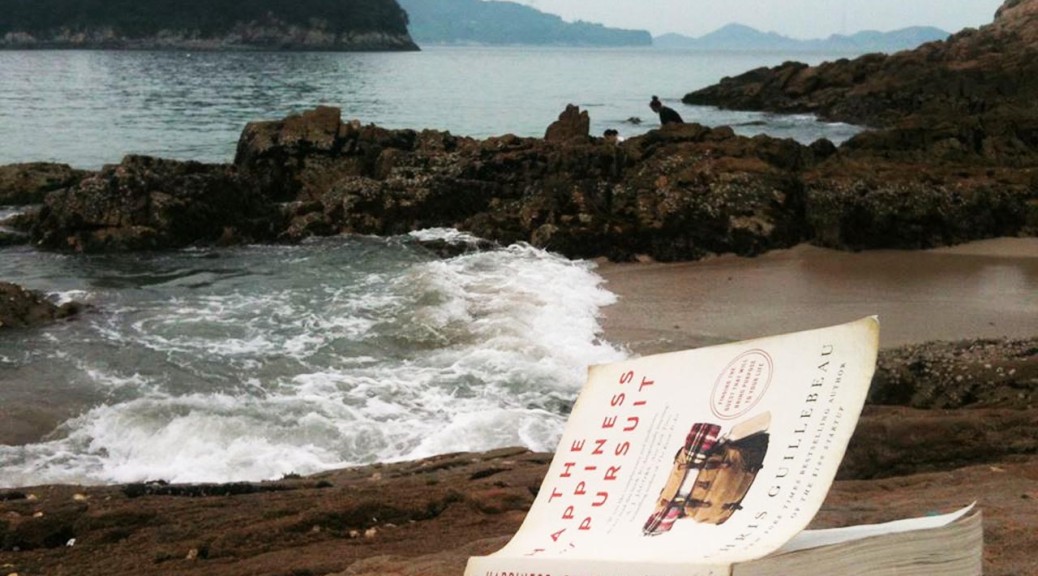
The Happiness of Pursuit
Guillebeau, Chris. The Happiness of Pursuit: Finding the Quest That Will Bring Purpose to Your Life. New York: Harmony Books, 2014. Print.
Guinea-Bissau
“If I made a list and worked on the list, a big goal–even a huge goal–seemed feasible.” p.24

The Grapes of Canaan (c. 1896-1902) by James Tissot. Although the spies brought back a cluster of grapes so large that it took two men to carry it (Numbers 13:23), only two of the twelve brought back a good report of the land.
Story in the Torah about the 12 spies investigating the land of Canaan. p. 39 (from the Book of Numbers)
“When a person is really happy they don’t have to tell people about it. It just shows.” p. 45
“In an interview for Rolling Stone, Bob Dylan was asked about the word calling…
“Mine, Not any different than anybody else’s. Some people are called to be a good sailor. Some people have a calling to be a good tiller of the land. Some people are called to be a good friend. You have to be the best at whatever you are called at. Whatever you do. You ought to be the best at it–highly skilled. It’s about confidence, not arrogance. You have to know that you’re the best whether you anybody else tells you that or not.”” p. 47
Amelia Earhart might have put it best: “When a great adventure is offered, you don’t refuse it.”” p. 49
“In the words of a great Bob Dylan song, “He not busy being born is busy dying,” and perhaps some of us are busier than others.” p. 58
“As much as it sounds trite to “live like you’re ying” or “live every day as if it were your last,” that’s exactly what many people obsessed with a quest do.” p. 58
“John wrote in his journal: “How interesting it is that men seldom find the true value of life until they are faced with death.”” p. 59
Book: Birding in Borrowed Time by Phoebe Snetsinger
Laura Dekker (youngest sailor to circumvent the globe)
Dekker’s solo circumnavigation route 2010-2012. Via wikimedia.
“learn to become comfortable with failure… ” p. 74
“become more bold in making requests.” p. 75
“You must believe that your quest can be successful, even if no one else does.” p. 80
“I didn’t want to mention I was a writer. (In many countries, “writer” means “journalist,” and journalists are treated with suspicion in places without a free press.” p. 83
“What people say about an adventure or quest that involves perceived risk:
Succesful Outcome: brave, courageous, confident
Failed Outcome: stupid, risky, naive, arrogant” p. 84
Chris McCandless’ letter published in Into The Wild “The basic core og a man’s living spirit is his passion for adventure. The joy of life comes from out encounters with new experiences, and hence there is no greater joy than to have an endlessly changing horizon, for each day to have a new and different sun.” p. 85
“Do one thing every day that scares you.” (Eleanor Roosevelt) p. 87
Book: The Flinch by Julien Smith “breaking your programming requires a single moment of strength.” p. 97
“Documenting Your Quest… Keeping a scrapbook (either a traditional one or a digital one)” p. 99
“If you want to prioritize adventure but can’t find the time, something’s got to give.” p. 100
“I spent the better part of a week every December reviewing the year that had just passed and planning ahead for the next one. The quest to visit every country came about only after I spent a lot of time thinking through the logistics… The quest was successful because I’d thought it through–not in spite of it.” p. 108
Travel to every country in the world “I guessed that it would cost somewhere in the neighborhood of $30,000, and that it would take approximately five to seven years to complete.” p. 108
“How much time? How much money? What might those other variables be? Let’s figure it out.” p. 109
“Visit every country in Africa (the most challenging continent, containing more than 50 countries).” p. 110
“Since it would be a ten-year journey, I couldn’t stay excited on a daily basis by thinking about the finish line. That’s when subgoals proved helpful.” p.110
costs
“Goal:___
Time: __
Money: __
Other Costs:__
Unknown:__” p. 111
“Scott Young, who taught himself the four-year MIT computer science curriculum in one year, didn’t just jump into the project at first thought. “I spent nearly two months preparing the curriculum before starting my challenge,” he told me, “including a one-week pilot study with a single class… He considered the rest of the curriculum and visualized which parts would be more challenging. By the end og the pilot study, he felt his head was in the game and that he was ready to strike out on the full, yearlong commitment.” p. 112
Poem: “Ithaca” by Constantine Cavafy
“Always keep Ithaca on your mind.
To arrive there is your ultimate goal.
But do not hurry the voyage at all.
It is better to let it last for many years;
and to anchor at the island when you are old,
rich with all you have gained on the way,
not expecting that Ithaca will offer you riches.” p. 115
“The review begins with a set of journaling exercises, focused on two questions:
What went well this year?
What did not go well this year?” p. 115
“I then set a number of goals based on specific categories. Your own categories may vary, but some of mine include:
Writing
Business
Friends and Family
Service
Travel
Spiritual
Health
Learning
Financial (Earning)
Financial (Giving)
Financial (Saving)” p. 116
outcome statement p. 117
“built a new small business that supports my primary writing goals.” p. 117
“If you’re predisposed to overthink, the answer is simple: Just do it.” p. 119
“His best advice has now been simplified: “Pick a departure date. Start saving. Get a bike, tent, and sleeping bad. And go.”” p. 119
“All students sign a pledge to speak only the new language they are learning for the entire time they are there, including evenings and weekends.” p. 119
To pursue your goal: “Get specific. Be sure to clearly understand the time, money, and other costs before you begin.” p. 121
The Personal Annual Reports of Nicholas Felton “This project is more about recording than influencing behavior. As Nicholas explained, when he started compiling the information each year, he felt inspired to “say yes” to activities he might normally decline.” p. 125
“If your primary goal is to write a book, produce a documentary, or otherwise publicize your quest, maybe it’s more of a career move. There’s nothing wrong with doing something for your career–but it’s not really a quest, since a quest requires sacrifice and uncertainty.” p. 128 [contradictions by the author? his own personal definition of quest]
“If you set specific goals, you’ll know exactly when you’ve accomplished them.” p. 133
“As much as possible, you should also ignore fear when you write your life list. Fear of failure, and even the fear of success, holds us back from attempting many of the things we secretly wish for.” p. 133
“Goal:
Deadline:
Next Step: ” p. 135
“Experience produces confidence, and confidence produces success.” p. 140
Martin Parnell: biked Cairo to Cape Town p. 144
MIT course work online p. 147
“These people are all about making things and sharing them with the world, over and over.” p. 151
Seth Godin: “The lesson, as he explains it: “If I fail more than you do, I win. Built into this notion is the ability to keep playing. If you get to keep playing, sooner or later you’re gonna make it succeed.” p. 155
Elise Blaha “She clearly defines her projects, and she breaks them down into multiple parts. When she has success with one project she applies the same format to others. The medium doesn’t need to be the same, she told me, but the process for working on them can still be…One autumn she baked forty different kinds of bread.” p. 158
Seinfeld told the New York Times. “I read an article a few years ago that said when you practice a sport a lot, you literally become a broadband: the nerve pathway in your brain contains a lot more information. As soon as you stop practicing, the pathway begins shrinking back down.” p. 162
“When I woke up in the morning I immediately thought about what I’d work on for the next few hours. At night I’d go to bed thinking about how I could improve the next day.” p. 163
John and Nancy Vogel and their twin boys: Alaska to Argentina on a bike “They were especially motivated by the goal of becoming the youngest travelers to cross the America’s by bicycle. An improvised rule specifying “twenty miles per cookie” didn’t hurt, either.” p. 172
Gothic Symphony by Havergal Brian
****Steven Pressfield: “The most important thing about art is to work. Nothing else matters except sitting down every day and trying.” p. 196
“Even the most expensive parts of the world can be reached for $2,500 or less. If that sum seems exorbitant, just think of it as $2 a day for three and a half years, or a bit less than $7 a day over one year.” p. 198-199
“Juno Kim… originally took her savings with her and planned to live off that money as long as it lasted. But four years and twenty-four countries later, she’s actually increased her savings, thanks to her work as freelance writer and photographer.” p. 200
Ron Avitzur (graphing calculator) “I wasn’t a big spender… But it also helped that we worked all the time.” p. 200
“If you’re going to do something outlandish, there are a probably a lot of people who would like to do it, too, but don’t for various reasons.” p. 201
Costs of several quests featured in the book (p. 202-203)
“How long will it take me to save this amount of money?
Is there any other way to get the money (crowdfunding, selling something, extra work…?
Do I need to wait to start until I have all the money?
If getting the money will be difficult, is there a wat to reduce the cost?” p. 204
“Selected Savings Rates:
$25/day = $9,125/year
$10/day = $3,650/year
$5/day = $1,825/year
$2/day = $730/year” p. 204
“John Lasseter, one of the founders of Pixar, says that “Every one of our films was the worst motion picture ever made at one time or another.” … As soon as they identify the mistakes, they’re able to fix them–but the point is to not shy away from the initial failure.” p. 213
“some people are simply obsessed with failure–or at least they have a general expectation that a new project will more likely meet with failure than success.” p. 214
“Nothing worth doing is ever easy.” p. 214
“Short-term relief and long-term happiness can be very different things. ” p. 215
“Regret is what you should fear the most. If something is going to keep you awake at night, let it be the fear of not following your dream. Be afraid of setting.” p. 220
“If you’re going to worry about something, worry about the cost of not pursuing your dream.” p. 222
Nate Damm “I’m definitely not motivated by achievement. I just do what I like every day, and good things seem to happen as a result.” p. 228
Once Upon a Galaxy by Josepha Sherman
“Don’t try to explain everything, but do tell a few good stories.” p. 246
The Phantom Tollbooth by Norton Juster
John Stuart Mill and the “fleeting sense of happiness” “Suppose that all your objects in life were realized… the whole foundation on which my life was constructed fell down. All my happiness was to have been found in the continual pursuit of this end. The end had ceased to charm, and how could there ever again be any interest in the means? I seemed to have nothing left to live for.” p. 249-250
Shannin O’Donnell “At that moment I blamed the very idea of my aimless wandering for my illness, but as I healed I realized that the illness was a setback, not a sign that I was on the wrong path.” p. 253
From the poem Ithaca “To arrive there is your ultimate goal, but do not hurry.” p. 259
Phoebe Snetsinger “It has become ever more clear to me that if I had spent my life avoiding any and all potential risks, I would have missed doing most of the things that have comprised the best years of my life.” p. 263
“The support and understanding of others will vary. It doesn’t matter what anyone else thinks about your quest, but if you don’t have sufficient motivation to see it through, it will be tough going.” p. 268
“If you measure success by the opinions of others, you’re effectively set yourself up for failure.” p. 269
****** About the Author: “Someone who will work twenty-four hours a day for themselves to avoid working one hour a day for someone else.” p. 293
“Script #4: Everyone should work 35 to 40 hours a week, mostly in the office, usually on the same days and times (even though research shows that this is largely and unproductive schedule for most people).” p. 306
“Richard Branson put it best: “Business opportunities are like buses. There’s always another one coming.” p. 307
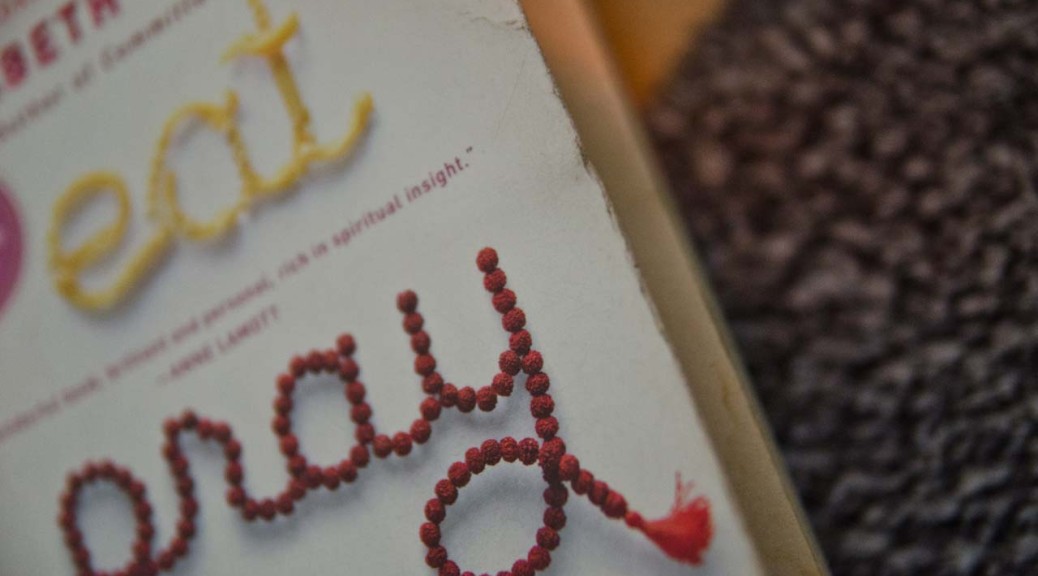
Eat Pray Love
Gilbert, Elizabeth. Eat, Pray, Love: One Woman’s Search for Everything Across Italy, India and Indonesia. New York, N.Y.; Penguin, 2007. Print. (First ed. 2006)
“When the Crusaders drove East for the holy wars, they witnessed worshipers praying with these japa malas, admired the technique, and brought the idea home to Europe as rosary.” p. 1
“the number 108 is held to be most auspicious, a perfect three-digit multiple of three, its components adding up to nine, which is three threes.” p. 1-2
“This division means that there are 36 tales in each section, which appeals to me on a personal level because I am writing all this during my thirty-sixth year.” p. 2
Om Namah Shivaya
“It wasn’t so much that I wanted to thoroughly explore the countries themselves; this has been done. It was more that I wanted to thoroughly explore one aspect of myself set against the backdrop of each country,” p. 37
“Therefore, what we today call French is really a version of medieval Parisian. Portuguese is really Lisboan. Spanish is essentially Madrileño. These were capitalist victories; the strongest city ultimately determined the language of the whole country.” p. 57
“What this congress decided would henceforth be considered proper Italian was the personal language of the great Florentine poet Dante Alighieri. When Dante published his Divine Comedy back in 1321, detailing a visionary progression through Hell, Purgatory and Heaven, he’d shocked the literate world by not writing in Latin.” p. 58-59
“He wrote his masterpiece in what he called il dolce stil nuovo, the “sweet new style” of the vernacular, and he shaped that vernacular even as he was writing it, affecting it as personally as Shakespeare would someday affect Elizabethan English.” p. 59
terza rima
“Dante writes that God is not merely a blinding vision of glorious light, but that He is, most of all, l’amor che move il sole e l’altre stelle… ” p, 60
il bel far niente “the beauty of doing nothing” p. 80
“For me, though, a major obstacle in my pursuit of pleasure was my ingrained sense of Puritan guilt. Do I really deserve this pleasure? This is very American, too–the insecurity about whether we have earned our happiness.”p. 81
“Dai, dai, dai, Albertini, dai … va bene, va bene, ragazzo mio, perfetto, bravo, bravo… Dai! Dai! Via! Via! Nella porta! Eccola, eccola, eccola, mio bravo ragazzo, caro mio, eccola, eccola, ecco–AAAHHHHHHHHH!!! VAFFANCULO!! FIGLIO DI MIGNOTTA!! STRONZO! CAFONE! TRADITORE! Madonna… Ah, Dio mio, perché, perché, perché, questo e stupido, e una vergogna, la vergogna… Che casino, che bordello… NON HAI UN CUORE, ALBERTINI! FAI FINTA! Guarda, non e successo niente.. Dai, dai, ah… Molto migliore, si si si, eccola, bello, bravo, anima mia, ah ottimo, eccola adesso … nella porta, nella porta, nell–VAFFANCULO!!!!!!!” p. 90-91
Augusteum
“The Augusteum warns me not to get attached to any obsolete ideas about who I am, what I represent, whom I belong to, or what function I may once have intended to serve… Even in the Eternal City, says the silent Augusteum, one must always be prepared for riotous and endless waves of transformation.” p. 100
magari (maybe, if only, I wish)
History of the Decline and Fall of the Roman Empire by Edward Gibbon
“Parla come magni.” p. 115
“Virginia Woolf wrote, “Across the broad continent of a woman’s life falls the shadow of a sword.” On one side of that sword, she said, there lies convention and tradition and order, where “all is correct.” But on the other side of that sword, if you’re crazy enough to cross it and choose a life that does not follow convention, “all is confusion. Nothing follows a regular course.”” p. 126
The Bhagavad Gita–that ancient Indian Yogic text–says that it is better to live your own destiny imperfectly than to live an imitation of somebody else’s life with perfection.” p. 127
“I drop out of my Italian-language school, having come to feel that it was interfering with my efforts to learn Italian, since it was keeping me stuck in the classroom instead of wandering around Italy, where I could practice with people in person.” p. 128
codega “a fellow you hired to walk in front of you at night with a lit lantern, showing you the way, scaring off thieves and demons, bringing you confidence and protection through the dark streets.” p. 135
“Or maybe I only want to go to Sicily because of what Goethe said: “Without seeing Sicily one cannot get a clear idea of what Italy is.”” p. 148
“Historians say that rhetoric was invented in Syracuse, and also (and this is just a minor thing) plot.” p. 150
The Italians (1964) by Luigi Barzini
“In a world of disorder and disaster and fraud, sometimes only beauty can be trusted. Only artistic excellence is incorruptible.” p. 152
“You were given life; it is your duty (and also your entitlement as a human being) to find something beautiful within life, no matter how slight.” p. 154
arati prayer
“Greek stoic philosopher Epictetus: “You bear God within you, poor wretched, and you know it not.”” p. 161
To Read: Epictetus
“”Our whole business therefore in this life,” wrote Saint Augustine, rather Yogically, “is to restore to health the eye of the heart whereby God may be seen.”” p. 162
To Read: Saint Augustine
“the monk quoted to me from the Bhagavad Gita, the most sacred ancient text of Yoga: “Oh Khrisna, the mind is restless, turbulent, strong and unyielding. I consider it as difficult to subdue as the wind.”” p. 174
Ham-sa mantra
Saint Teresa of Avila
“The most difficult challenge, the saint wrote in her memoirs, was to not stir up the intellect during meditation, for any thoughts of the mind–even the most fervent prayers–will extinguish the fire of God.” p. 190
kundalini shakti
“You gotta stop wearing your wishbone where your backbone oughtta be.” p. 199
guru gita
“Zen masters always say that you cannot see your reflection in running water, only in still water.” p. 226
Vipassana meditation
“”The world is afflicted with death and decay, therefore the wise do not grieve, knowing the terms of the world,” says an old Buddhist teaching.” p. 229
“Half the benefit of prayer is in the asking itself, in the offering of a clearly posed and well-considered intention.” p. 235
“Because if you can’t learn to master your thinking, you’re in deep trouble forever.” p. 236
“”Guilt’s just your ego’s way of tricking you into thinking that you’re making moral progress.”” p. 244
(Instructions for Freedom) “3. The day is ending. It’s time for something that was beautiful to turn into something else that is beautiful. Now, let go.” p. 245
“7. Let your intentions be freedom from useless suffering. Then, let go.” p. 246
“the rules of transcendence insist that you will not advance even one inch closer to divinity as long as you cling to even one last seductive thread of blame.” p. 247
“To know God, you need only to renounce one thing–your sense of division from God.” p. 255
Sextus “”The wise man is always similar to himself.” p. 256
Sentences of Sextus
turiya state (pure consciousness)
“We search for happiness everywhere, but we are like Tolstoy’s fabled beggar who spent his life sitting on a pot of gold, begging for pennies from every passerby, unaware that his fortune was right under him the whole time. Your treasure–your perfection–is within you already. But claim it,” p. 262
“”All know that the drop merges into the coean, but few know that the ocean merges into the drop,” wrote the sage Kabir” p. 265
To Read: Kabir
“”Imagine that the universe is a great spinning engine,” he said. “You want to stay near the core of the thing–right in the hub of the wheel–not out at the edges where all the wild whirling takes place,” p. 275
“In the dead of night the dogs howl about how misunderstood they are.” p. 312
“The word paradise, by the way, which comes to us from the Persian, means literally “a walled garden.”” p. 313
“The next piece of land was rejected because it was too close to a river, which, as everyone knows, is where ghosts live.” p. 411
“We get seduced by our own mantras (I’m a failure… I’m lonely…I’m a failure… I’m lonely…) and we become monuments to them.” p. 433
“Saint Anthony once wrote about having gone into the desert on silent retreat and being assaulted by all manner of visions–devils and angels, both… you can only tell which is which by the way you feel after the creature has left your company.” p. 435
To Read: Saint Anthony
The Travels of Sir John Mandeville and Marco Polo
The Travels of Sir John Mandeville text from archive.org
Jonh Mandeville Wikipedia entry
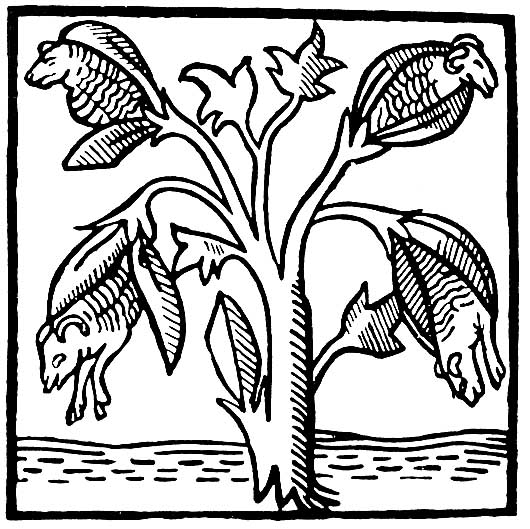
John Mandeville – The Travels of Sir John Mandeville Fanciful depiction of cotton by John Mandeville, featuring sheep instead of cotton bolls. Via Wikimedia
Travels of Marco Polo Wikipedia entry.
Travels of Marco Polo text from archive.org














